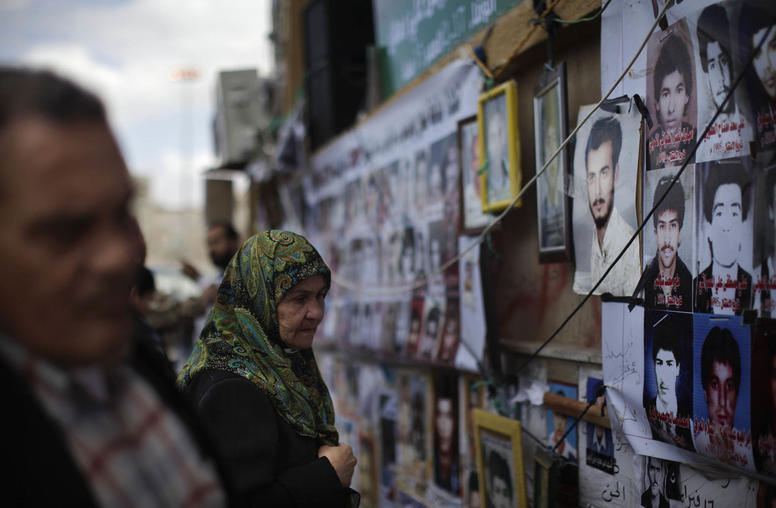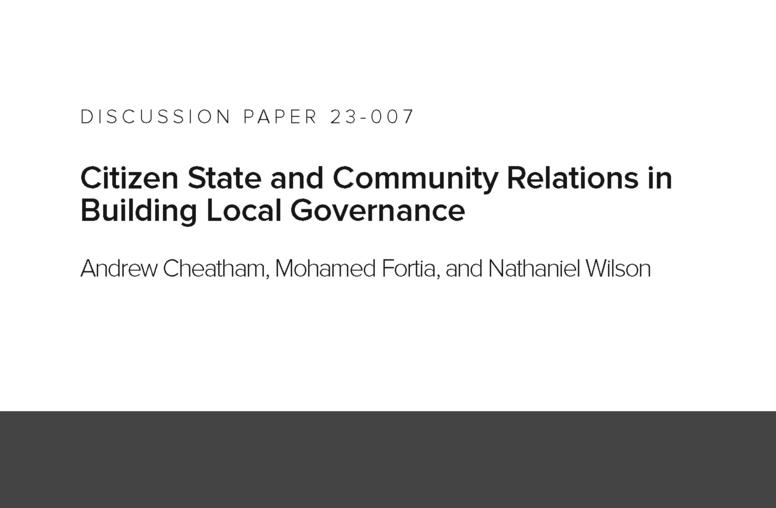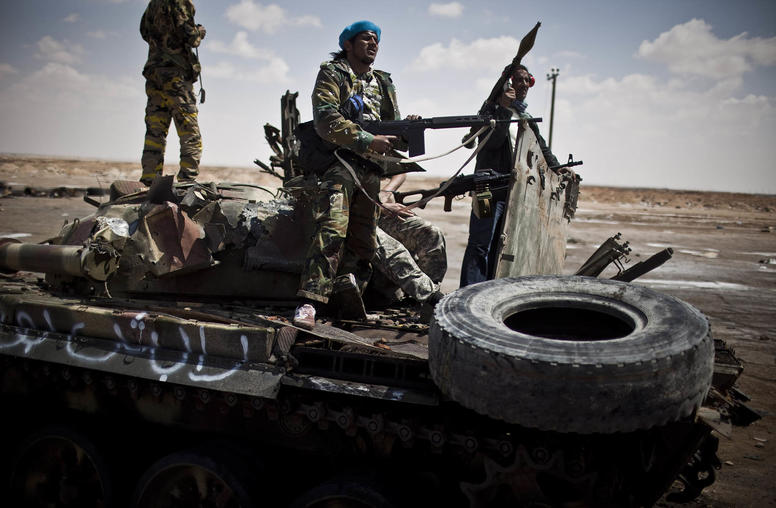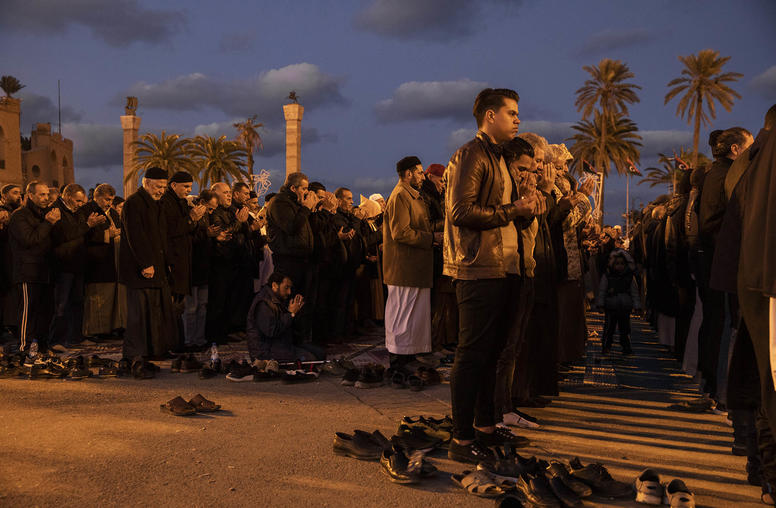In Libya, Success May Be the Best Revenge
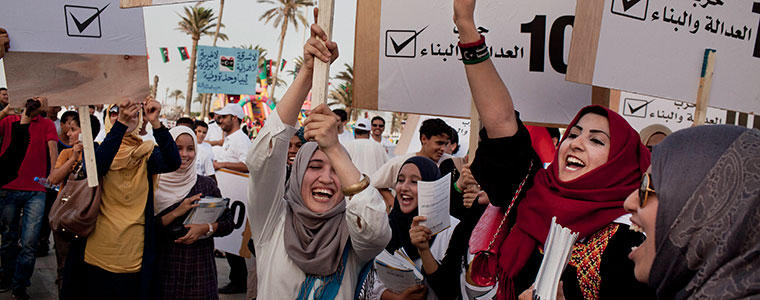
Since the beginning of the Arab revolutions over a year ago, I have battled two competing emotions: excitement and fear. Today I chose to be excited.
While most of my friends have been glued to the computer for the results of the London 2012 Summer Olympics, I have been unable to turn away from Libya’s transitional process.
The August 8th ceremony marking the transfer of power from the National Transitional Council was the first peaceful power transfer in Libya's modern history. That in itself is cause for excitement.
But there is more. The recent election for president was also an emotional moment for me. I have spent a lifetime watching intellectuals and nationalists forced to leave their homelands due to dictatorships. For many Libyans, like newly elected President of the General National Congress, Mohammed al-Magariaf, this has come at a personal cost for them and their families.
A former fugitive and rebel fighter, al-Magariaf has had to overcome many personal tragedies. This started with the demolition of his family home in Benghazi when he joined the opposition. Instantly, six of his brothers were thrown into political camps; the youngest at the time was only 16 years old. One of his sisters was imprisoned in Abu Slim for two years. Any association with the al-Magariaf family was punished ruthlessly by the Qaddafi's regime. As with other families of dissidents inside the country, they had to fend for themselves and survive under some of the most brutal conditions.
I will break from the politically correct terminology of the post-conflict world by acknowledging a reality. In the hearts of many people across the region is a desire for revenge. When al-Magariaf was announced as the new President of the GNC, one thought crossed my mind: the best revenge is success. The triumph of the Libyan opposition ousting Qaddafi was surpassed by the peaceful transfer of power. And that was further enhanced when a leader of the opposition that had survived six assassination attempts by Qaddafi stepped into a new role for a new Libya.
President al-Magariaf’s daughter, Asma, said that upon becoming president of the GNC, her father resigned his post as the leader of the National Front, saying he wants to stand at an equal distance from all political parties in the Congress. Asma al-Magariaf, responding to countless congratulations of her father’s new role, posted online, “Dad represents the narrative of countless dissidents who never gave in or wavered about fighting tyranny and upholding freedom.”
Asma Ramadan, co-founder for Libya Outreach, agrees. “It truly is a vindication for many of the sacrifices Libyans made in their opposition movement against Gaddafi.”
Beyond the symbolism that al-Magariaf offers, his nomination also offers a potential opportunity to integrate those in the federalist movement because he represents the east. In addition, it highlights the role of the independents. The fact that the new president does not come from either of the top political parties demonstrates a strong voice for independents in the upcoming GNC. The al-Magariaf party only won three seats in GNC, and yet he was elected as its head.
This doesn’t mean I have overcome my fear. The challenges facing Libya are great. My greatest worry has always been balancing the return of the Diaspora with the community that has remained under oppression. With Libya’s small population this is more crucial than ever. The challenge for al-Magariaf to serve as a unifying factor is daunting. Moreover, the full roster of the GNC has not been shared, and only a limited number of the seats are known to the public. This casts a dark cloud over the overall sense of a free, open and transparent process. Equally concerning was the way a female member of the GNC was treated during the transfer ceremony when she was asked to leave the podium. This highlights Libya’s true democracy challenge: how they will treat their women in minorities.
This is only to acknowledge the fear that still exists. However, over the past year I have learned to pause and enjoy the small moments of excitement. It’s the one emotion that will sustain efforts to move forward in a long and winding path towards a democratic state.
Comments:
| Date: Saturday, August 18, 2012 5:50 AM From: Elrayah Kakki |
|
It's truly exciting, I totally agree with you. However for political success like this to be sustainable in the long run, democracy, freedom and equality need to be guarded and guaranteed by a strong constitution. |
